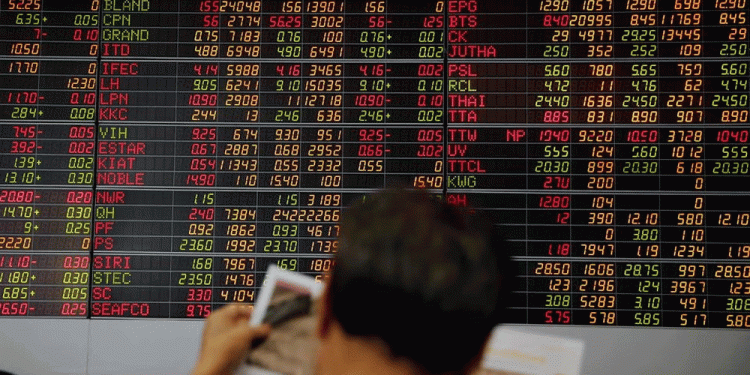TOKYO, May 1 (Reuters) – Benchmark Tokyo rubber futures fell more than 1 percent on Wednesday, hurt by a stronger yen currency ahead of closely-watched central bank meetings, and caution over U.S. economic data due this week that weighed on prices.
Aggressive selling was curbed as the Tokyo market approaches a four-day weekend from Friday, as part of the “Golden Week” holidays.
Markets in Singapore, Thailand and China were shut on Wednesday for the Labour Day holiday and will resume trade on Thursday.
The benchmark Tokyo Commodity Exchange (TOCOM) rubber contract for October delivery settled at 259.6 yen per kg, down 3.0 yen from the previous close.
The TOCOM market hit a five-month low of 242.6 yen on April 18 as weak Chinese economic data fuelled demand concerns.
It has since gained some ground and reached a high of 265.8 yen on Friday.
“The yen moved higher yesterday and today, which could have dragged rubber prices lower. But actually the market’s downside room was limited. I think there are hopes that China may start buying at the current low levels,” said Kazuhiko Saito, chief analyst at Fujitomi Co.
“Yet prices could easily drop to the 250-yen level if U.S. economic data comes in weaker than expected,” he added.
There is caution over U.S. data, including Friday’s jobs report. Optimism over the U.S. recovery was the main driver of this year’s rallies in riskier investments, including commodities.
In the currency market, the dollar edged down to 97.27 yen on Wednesday, losing the momentum it needs to challenge the symbolic 100 yen after touching a four-year high of 99.95 yen last month.
Traders are watching carefully for the currency market impact of any measures that might be announced after the U.S. Federal Reserve’s policy-setting meeting ends on Wednesday.
Federal Reserve board members are widely expected to keep the current pace of bond buying at $85 billion a month due to recent weak economic data.
The European Central Bank is expected to cut interest rates on Thursday to improve the state of the bloc’s economy. (Reporting by Risa Maeda; Editing by Clarence Fernandez)
Source: Reuters


























